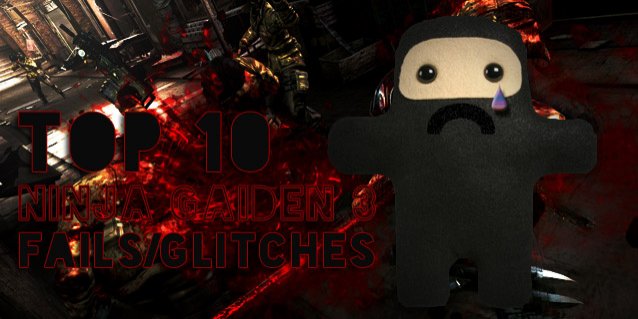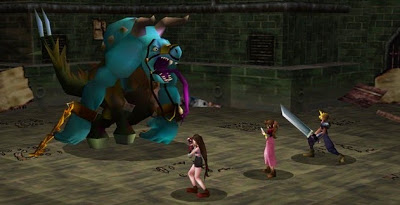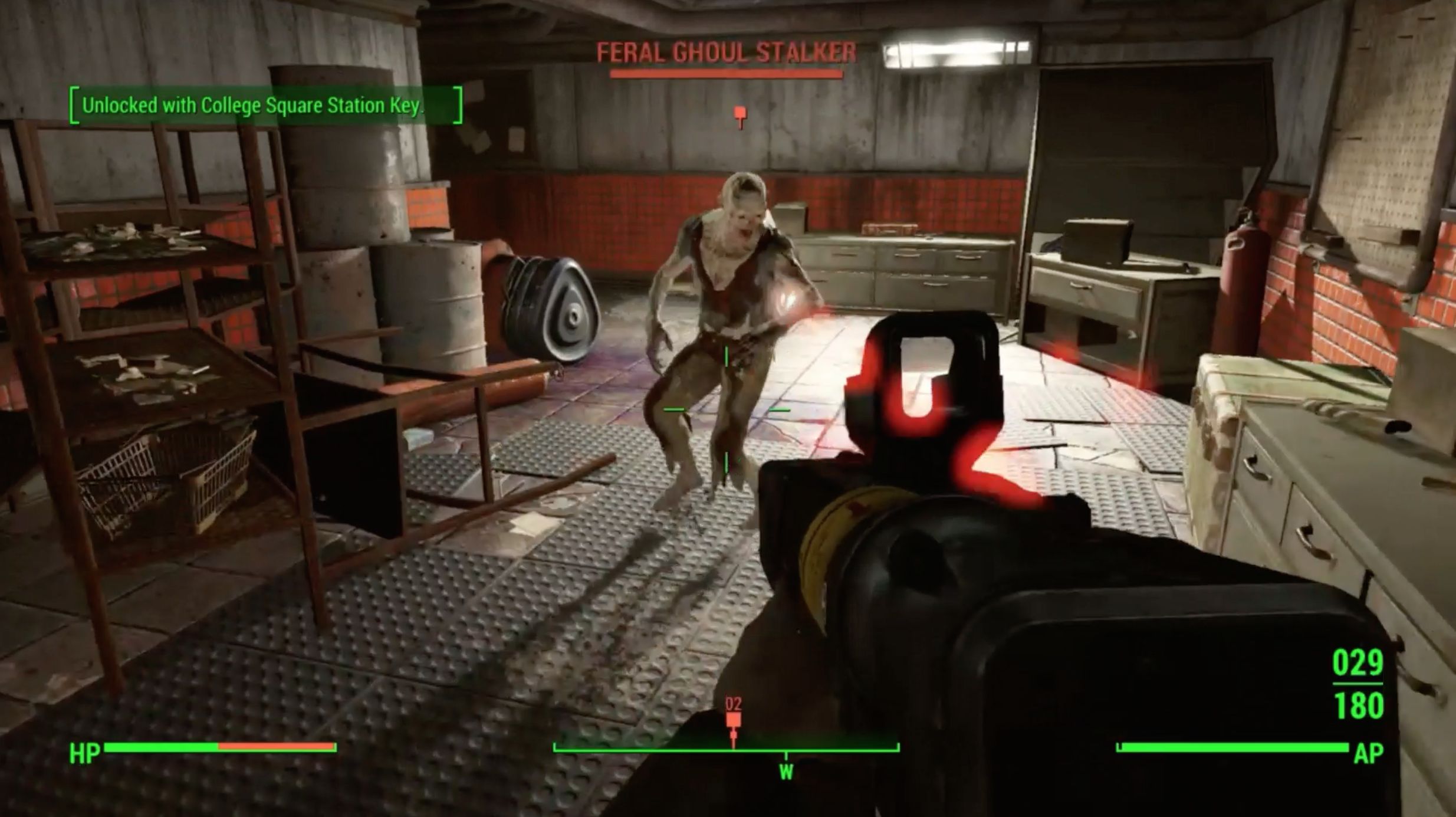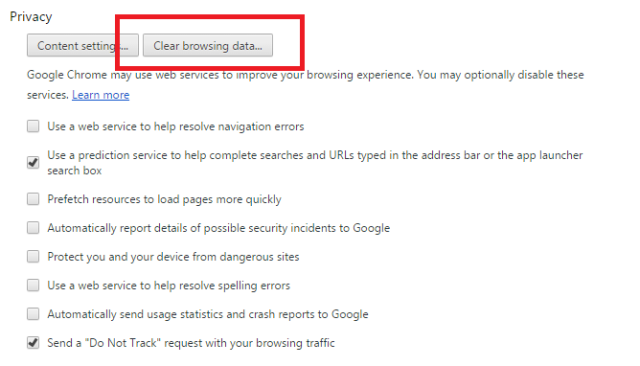

A few days ago, Valve debuted a new feature, allowing modders to charge for Skyrim mods through Steam. The PC gaming community was… upset. Thankfully, Bethesda has changed its mind, announcing that it will no longer charge for mods due to gamer backlash, but it really wasn’t that bad of an idea.
The most dramatic voices in PC gaming argue that paid mods would kill the very spirit of the modding community, and that Valve has ‘turned evil.’ Plenty of people stop short of that, but are very unhappy all the same. Yesterday, Gabe Newell, Valve CEO, did an open Q&A on Reddit to try to address some of the complaints about the new service. As he put it:
“On Thursday I was flying back from LA. When I landed, I had 3,500 new messages. Hmmm. Looks like we did something to piss off the Internet.”
While the Q&A devolved into mass-downvoting pretty quickly, Newell did get the chance to say some pretty interesting things about their reasons for commercializing mods. There are valid reasons to pursue mod monetization, and it may have been very positive in the long run. We’ll see if this comes up again in the future, but let’s look at what could have been.
So, what would the advantages of monetized mods have been in the first place? Well, there are a few major benefits that are worth talking about.
First, there’s polish. Mods are hobby projects, which means that people work on them out of passion, a desire for prestige, and other non-monetary incentives with the possibility of landing a job someday.
Unfortunately, video game testing and debugging is one of the most thankless tasks ever invented. Very few modders are willing to spend their free time doing this kind of tedious grunt work.
The result is that many mods are buggy, often don’t work with other popular mods, and are usually hard to install. In the case of Skyrim, the base game is already loaded with bugs because the Elder Scrolls code base is a gruesome mess. Mods only make the matter worse.
If mods could have been profitable, the creators of popular ones would be able to quit their day jobs and commit more time to them, or even hire people to do the testing for them. Either way, top mods would become a lot more polished.
Second, there’s scale. Bringing people together around a shared vision is hard. Everyone has their own ideas, and if they aren’t being paid, it’s more rewarding for hobbyists to quit and work on something on their own – as a result, most mods are made by one to two man teams.
Unfortunately, this seriously limits what is possible to create. Mods can radically change the very nature of a game, but few do. Why? Because very few one-to-two man teams are good at art and programming and gameplay design and voice acting. As a result, there are only a handful of mods that are good in all of these areas.
There are mods that have managed to somehow hold a team together long enough to make a big, diverse piece of content, but they’re few and far between. The best example I can think of is Black Mesa, which is a crazy impressive fan-made remake of the original Half Life. However, it’s is only half finished, and has been in development for ten years.
Keeping a big team working on the same project for long enough to finish it is really, really hard. This is another problem that would have been solved by the ability to make money and hire a team.
This would have had the potential to open up a lot more games for modding. Right now, only a handful of games actively embrace community modding. Most, including classics like Dead Space and Mass Effect, provide absolutely no official support for user modding.
Right now, there’s no real incentive for video game developers to create high quality user modding tools, so they mostly don’t, and it looks like that’s how it’s going to stay, at least for now.
Under Valve’s scheme, the creator of the game would get a cut of mod sales. If mod sales take off, you can bet your bottom dollar a lot more developers would start offering modding tools just to get their cut of this money. Better modding tools would mean more mods for more games, and more ability for the community to keep old titles up to date with graphics, art mods, and gameplay improvements.
It would also bring in more talent. There are a lot of great potential modders out there who have never gotten into it, because their favorite games don’t support it. This had the potential to change that.
Finally, there’s a basic question of fairness. When mods hit a critical threshold of success, they tend to get cloned by major companies. Valve’s hugely popular TF2 is based on the community Team Fortress mod, way back in the day.
Dota 2 and League of Legends (as well as all other MOBAs) are based indirectly on Aeon of Strife, a mod/map for Starcraft.
Big companies like Valve and Riot games had the money to produce polished versions of these experiences that were much more popular than the original mods. The original modders often got left behind, and rarely saw a return on their big, successful idea.
Now, imagine if modders could charge money for their work. Suddenly, they’d have revenue they can invest to grow their team, work on the project full time, and pay for better content. Modders could develop their good idea into a polished experience, without turning control over to a big company.
This wouldn’t be Valve’s first user-created-content rodeo. Team Fortress 2 allows users to sell their own weapons, hats, and other content, and Valve takes a cut of every sale. Dota 2 does it as well.
User-created content can be bought from the store, traded for, or found in random drops. The result is that, in the case of TF2, even though Valve has finally stopped producing content for the game, the game benefits from a continuous stream of new content.
It’s also worked out well for both players and content creators – item makers earned, on average, about $15,000 last year. Now, Valve wants to bring this same dynamic to every game on Steam. Gabe Newell explicitly brings up the comparison during his Q&A:
“With the Steam workshop, we’ve already reached the point where the community is paying their favorite contributors more than they would make if they worked at a traditional game developer. We see this as a really good step.
The option of MOD developers getting paid seemed like a good extension of that.”
It’s not just Valve employees that are enthusiastic, either. Garry Newman, creator of famous HL2 mod “Garry’s Mod,” which he’s since turned into a commercial game on Steam, has come out in favor of the change, although he has some reservations about the implementation.
It’s not hard to see why people were upset about the change. All of the costs of the system were visible up-front. The benefits were more abstract, and will take time to materialize. What people were seeing was mod content that was previously free now costing money.
The more ambitious and polished content that that money would have funded would take months to materialize. Better modding tools could take years. This would have been a long-term investment on Valve’s part, and one that’s was set to produce some strife in the short run.
For example, there was the issue of people stealing free mod content and selling it. Newell believes that this is a temporary problem that just requires more community policing, and I’m inclined to agree. This was simply a question of proper content moderation, and something that’ll probably be mostly resolved within a few weeks.
There was also the question of how you would unravel IP issues for mods that are built on top of other mods. That one’s a little trickier, but far from a showstopper.
A bigger issue was the much-quoted 75% overhead figure. Valve was to take about 30% of each sale (the same cut as Apple takes from the appstore). The missing 45% is a tariff taken by the developer of the original game, which in this case would have been Bethesda.
This was clearly unfair, but it would also be unprofitable. If that figure was priced too high, it would decrease the incentive for modders to develop high quality content, and would have wound up costing Bethesda money in the long run.
This was to be a pilot program, and it only ran for a couple of days. There simply wasn’t time for market pressures to equalize, so there’s no telling if these prices were actually what the market would settle on in the long run.
Aside from Valve’s implementation and the early growing pains, some people have more general complaints about the very idea of selling mods. I’ve seen a few points come up over and over again while reading the enormous amount of discussion this change has provoked. I’d like to take a moment to rebut some of the most common.
Plenty has been said, over the last few days, about the modding community, and it’s cooperative, benevolent selflessness. Surely, some say, introducing the option for modders to charge would destroy that culture, and drive people out of the industry.
TotalBiscuit does a pretty good rebuttal of this in his recent video on the subject, which is well worth a watch.
I’ll quote directly:
“Do I personally believe that modders should be paid for their work? I believe that everybody should be paid for their work, and I don’t believe that there should ever be an expectation that someone should work for free. There are plenty of quotes from people saying ‘No, modding is a sacred hobby, it should always be about the passion, it should be about the art, it should never be about getting paid.’ Which I’ve always found ludicrous. […] The expectation that modding be done for free is, in my opinion, based on the history of the fact that up to this point, people couldn’t get paid for modding easily.”
For myself, I would say that the most ‘sacred’ kind of art that I know of is music, which can move people in profound and intimate ways – yet, nobody is suggesting that musicians should all be ascetic monks. Everyone accepts that music makers should be paid for the work they do. There’s still genuine passion and creativity in the music industry, and the introduction of money doesn’t seem to have destroyed it.
The same goes for indie gaming – the introduction of financial platforms like Kickstarter, Steam Greenlight, and the Humble Bundle has only been good for the industry. If no money could be made on indie games, many of the best titles simply wouldn’t exist. Monument Valley cost $1.4 million to develop. Nobody’s going to do that for free.
If you search for pretty much anything on the Android app store and scroll past the first page of results, you pretty quickly find yourself in shovelware hell; an endless sea of slight variations on the same low-quality app or game. If mods had become profitable to develop, you would have definitely seen a huge explosion of the lowest-effort content that the store’s moderation criteria will tolerate; probably mostly weapons and skins.
The counter-argument here is that this wouldn’t have been that much of a problem. Modern content distribution platforms are good at ranking high-quality content above shovelware. The Android app store is perfectly usable, despite being 99% shovelware. The same would probably have been true for Steam. Nobody’s forcing you to spend 99 cents for a bad sword re-skin, and most users simply wouldn’t have.
This one is complicated, because at least part of what is going on here is that mods aren’t very polished, which creates many of their compatibility issues. In a world where most major mods could be developed with QA teams, they could have gone to the trouble to make sure they work with the standard popular mods.
However, there is a legitimate point here that it’s tough to get content developed by different teams for the same games to work together completely seamlessly. It was unlikely that every combination of mods you might install would have worked correctly. Obviously, stacking multiple total-conversion mods on top of each other was going to cause problems, and there were many subtle things that can go wrong, even with seemingly unrelated mod content.
On some level, this was just something that had to be taken as ‘caveat emptor,’ and implicitly priced into the cost of the mod. It’s an unfortunate fact of the technology, but I haven’t heard a good argument that it’s a showstopper. Valve has a 24-hour refund period for mods, and that sounds about right. I might extend it a little as a show of good faith, but that seems like generally the right solution to this problem.
This complaint comes up a lot, because Valve (for obvious reasons) refused to provide tech support for these mods, referring users to the modders themselves. And, users complain, modders are shifty folk who could have vanished at any time, leaving their mods at the mercy of future game updates, and their users with no recourse.
My only response to this is that this also applies to indie gaming, and was never a problem there. Creators of popular mods own a valuable product, and they would have an incentive not to leave their users in the wind. Plenty of indie games get by on a combination of developer support and community solutions. I suspect the situation with mods would be similar.
This sentiment has come up surprisingly often, usually in the form of “why should I have to pay for something that used to be free?” This is refreshingly upfront, but it isn’t exactly a noble sentiment. “I would rather not spent money” is not a moral position so much as a self-interested one. I suspect that this is what a lot of the backlash actually boils down to.
Modders are doing hard work, and they deserve to be paid for it. The fact that they haven’t is more of an artifact of the murky legal status of mods rather than anything fundamental about the work that modders are doing.
As far as I’m concerned, better content for more money is almost always a win. I love games, and I love mods. Seeing both improve was very exciting to me, and I’m disappointed developers won’t be paid for it now.
In this Q&A, Gabe Newell expressed optimism that, once the initial outrage blows over, paid mods will wind up being remembered as a positive move for gaming. Turns out, he was wrong.
“Our goal is to make modding better for the authors and gamers. If something doesn’t help with that, it will get dumped. Right now I’m more optimistic that this will be a win for authors and gamers, but we are always going to be data driven.”
Personally, I think he was exactly right. A few years from now, once we revist paid mods and the growing pains have been worked out, I think people are going to think of this whole controversy very differently.
What do you think? Outraged? Excited? Not sure yet? The discussion starts in the comments!




 Star Wars Battlefront: How to Play Emperor Palpatine
Star Wars Battlefront: How to Play Emperor Palpatine The Evil Within (PC) Assignment (DLC) walkthrough
The Evil Within (PC) Assignment (DLC) walkthrough Fallout 4: Leading By Example walkthrough
Fallout 4: Leading By Example walkthrough Scenes from a Marriage and Boss Fight: The Caretaker - The Witcher 3 DLC Hearts of Stone Guide
Scenes from a Marriage and Boss Fight: The Caretaker - The Witcher 3 DLC Hearts of Stone Guide 6 Online Security Tips for Travelers and Road Warriors
6 Online Security Tips for Travelers and Road Warriors